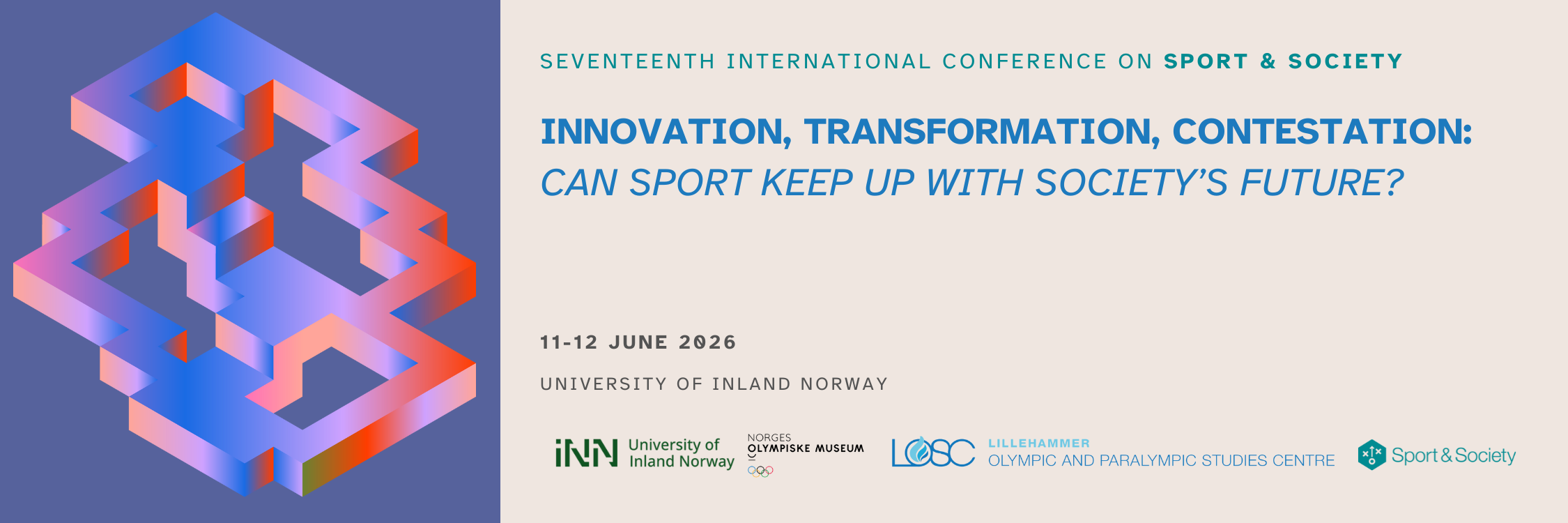Abstract
Sedentary lifestyles are increasingly common among young adults, particularly in urban areas where screen time and academic demands limit physical activity. Sports participation is an effective strategy to counteract inactivity and promote health. This study examined the influence of organized sports participation on sedentary behavior among urban college students. A descriptive–comparative, cross-sectional design involved 150 respondents aged 18–19 from college physical education classes in public and private institutions. The International Physical Activity Questionnaire–Short Form (IPAQ-SF) measured sedentary time and physical activity levels. Perceived benefits were assessed using a six-item adaptation of the Physical Activity and Leisure Motivation Scale (PALMS), and perceived barriers were measured using a six-item adaptation of the Barriers to Physical Activity Questionnaire for Adolescents (BPAQ-A). Both scales were content-validated and pilot-tested. A researcher-developed section recorded type, frequency, duration, and level of sports participation. Descriptive statistics summarized activity patterns, benefits, and barriers, while independent t-tests compared outcomes between students in organized sports and those with minimal or no participation. Students engaged in organized sports reported significantly lower sedentary time (p < .05) and higher weekly physical activity than less active peers. Common benefits were improved fitness, stress reduction, and social interaction; main barriers were time constraints and academic workload. Organized sports reduce sedentary behavior among urban college students. Incorporating structured sports into academic schedules may encourage healthier, more active lifestyles.
Presenters
Bengie MendizabalProgram Chair, College of Sports, Exercise, and Recereation, Bulacan State University, Bulacan, Philippines
Details
Presentation Type
Paper Presentation in a Themed Session
Theme
KEYWORDS
Sport Participation, Sedentary Lifestyle, Urban College Students, Physical Education, Physical Activity, Health Promotion, Organized Sports

